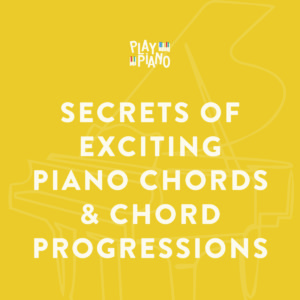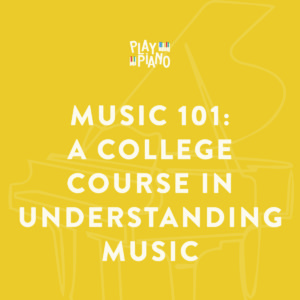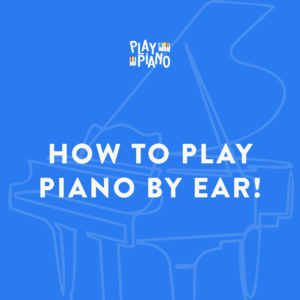Description
To speak Spanish or German or French well, you have to be able to “think” in the language. It’s the same with music…
Unless you can “think in Bb” when you’re playing a song in the key of Bb, you will leave out flats, miss chords, etc, that are just not necessary to miss.
And since there are just 12 major keys you can play in, I’ve come up with a set of six audio lessons which cover those 12 keys:
- Lesson 1: How to Think in the Key of C and the Key of D flat.
- Lesson 2: How to Think in the Key of D and the Key of E flat
- Lesson 3: How to Think in the Key of E and the Key of F
- Lesson 4: How to Think in the Key of G flat and the Key of G
- Lesson 5: How to Think in the Key of A flat and the Key of A
- Lesson 6: How to Think in the Key of B flat and the Key of B
I could have titled these lessons: “EVERYTHING YOU ALWAYS WANTED TO KNOW ABOUT THE KEY OF ____ BUT WERE AFRAID TO ASK YOUR MUSIC TEACHER” because on each lesson I drill you intensely on the key, so by the time it’s over you’ll know:
…..what each scale degree is
…..what the primary chords are
…..what the secondary chords are
…..what the fingering for the scale of that key is
…..what the relative minor key is
…..patterns that work particularly well in that key.
With each lesson you’ll get a sheet titled: “GETTING TO KNOW THE KEY OF____”
On it there is a picture of each key. As you listen to each lesson, I’ll ask you to write down on that sheet the things you learn about that particular key. That way, you will get acquainted with each key in a way you never thought possible. Just like each person is an individual with dimples, or long eyelashes, or a hitch in their get-along, so each key has its own “dimples” — its own color — things you’ll learn to love about that particular key.
If you want to really master a key — and I mean MASTER playing in a particular key, you MUST be able to think in that key. And that’s exactly what this course will teach you do do.
Unless you learn to think in each key, you’ll be swimming upstream when you need to play songs in keys which are different that the keys you are used to. Most people feel at home in the Key of C, for example, but are totally lost when playing in the key of Db — just a half-step above C. That’s a shame, because if they only knew how fun and exciting it is to play in other keys, they would spend a little time getting acquainted with those other keys. It’s not as difficult as it might seem, because each key has a personality all its own, just like people. So if you like people, you’ll like getting acquainted with these 12 keys, too.
This course contains six audio lessons and “GETTING TO KNOW THE KEY OF_______” sheets for each of the 12 keys








Reviews
There are no reviews yet.